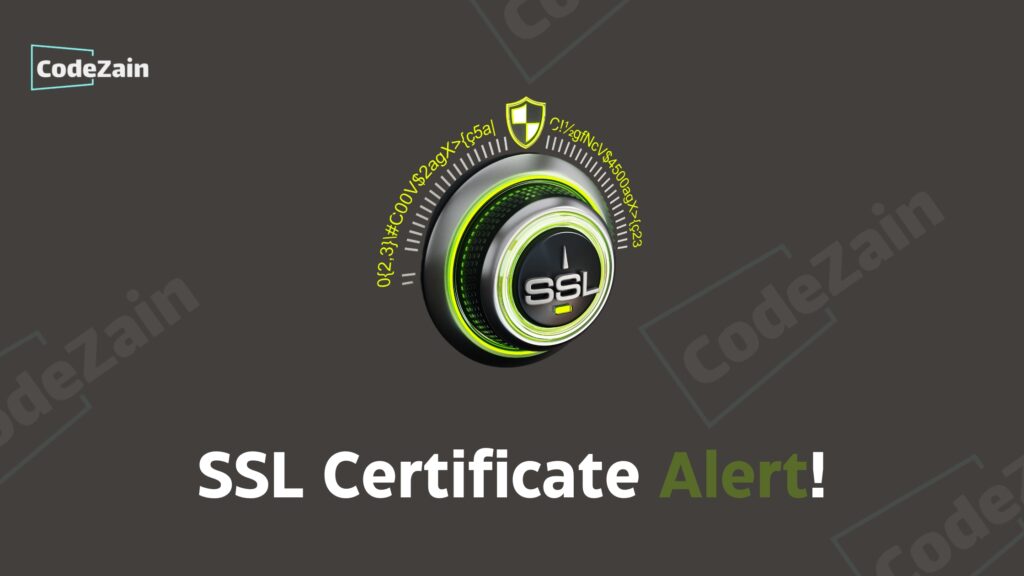Introduction:
In today’s digital landscape, website security is paramount. With cyber threats on the rise, ensuring the safety of sensitive data and maintaining the trust of users is non-negotiable. One crucial component of website security is SSL (Secure Sockets Layer) certificates. In this article, we’ll delve into the significance of SSL certificates and how they play a pivotal role in safeguarding websites against malicious attacks.
Understanding SSL Certificates:
SSL certificates are small data files that encrypt information transmitted between a website and its visitors’ browsers. They establish a secure connection, ensuring that data exchanged remains private and integral. SSL certificates are issued by Certificate Authorities (CAs) after verifying the authenticity of the website.
Encryption of Data:
One of the primary functions of SSL certificates is to encrypt data transmitted between the web server and the user’s browser. This encryption process scrambles the data, making it unreadable to anyone attempting to intercept it. As a result, sensitive information such as login credentials, payment details, and personal data remains protected from eavesdroppers and hackers.
Authentication and Trust:
SSL certificates also serve as a means of authentication, verifying the identity of the website to visitors. When a website has an SSL certificate installed, it displays a padlock icon and uses HTTPS (Hypertext Transfer Protocol Secure) in the URL, indicating a secure connection. Additionally, Extended Validation (EV) SSL certificates provide further validation by displaying the organization’s name in the browser’s address bar, instilling trust and confidence in users.
Prevention of Data Tampering:
SSL certificates include digital signatures that ensure the integrity of data transmitted between the server and the browser. These digital signatures act as seals of authenticity, indicating that the data has not been altered or tampered with during transmission. Any attempt to modify the data would result in the signature becoming invalid, alerting both the server and the user to potential tampering attempts.
Boosting Search Engine Rankings:
In addition to enhancing security, SSL certificates also offer SEO (Search Engine Optimization) benefits. Search engines like Google prioritize secure websites in their rankings, giving preference to those with HTTPS encryption. By securing your website with an SSL certificate, you not only protect your users but also improve your visibility and credibility in search engine results.
Conclusion:
In conclusion, SSL certificates play a crucial role in ensuring website security and fostering trust among users. From encrypting data to authenticating websites and preventing data tampering, SSL certificates provide a comprehensive security solution for online businesses. By prioritizing the implementation of SSL certificates, website owners can safeguard their data, protect their users, and enhance their online presence in the ever-evolving digital landscape.

